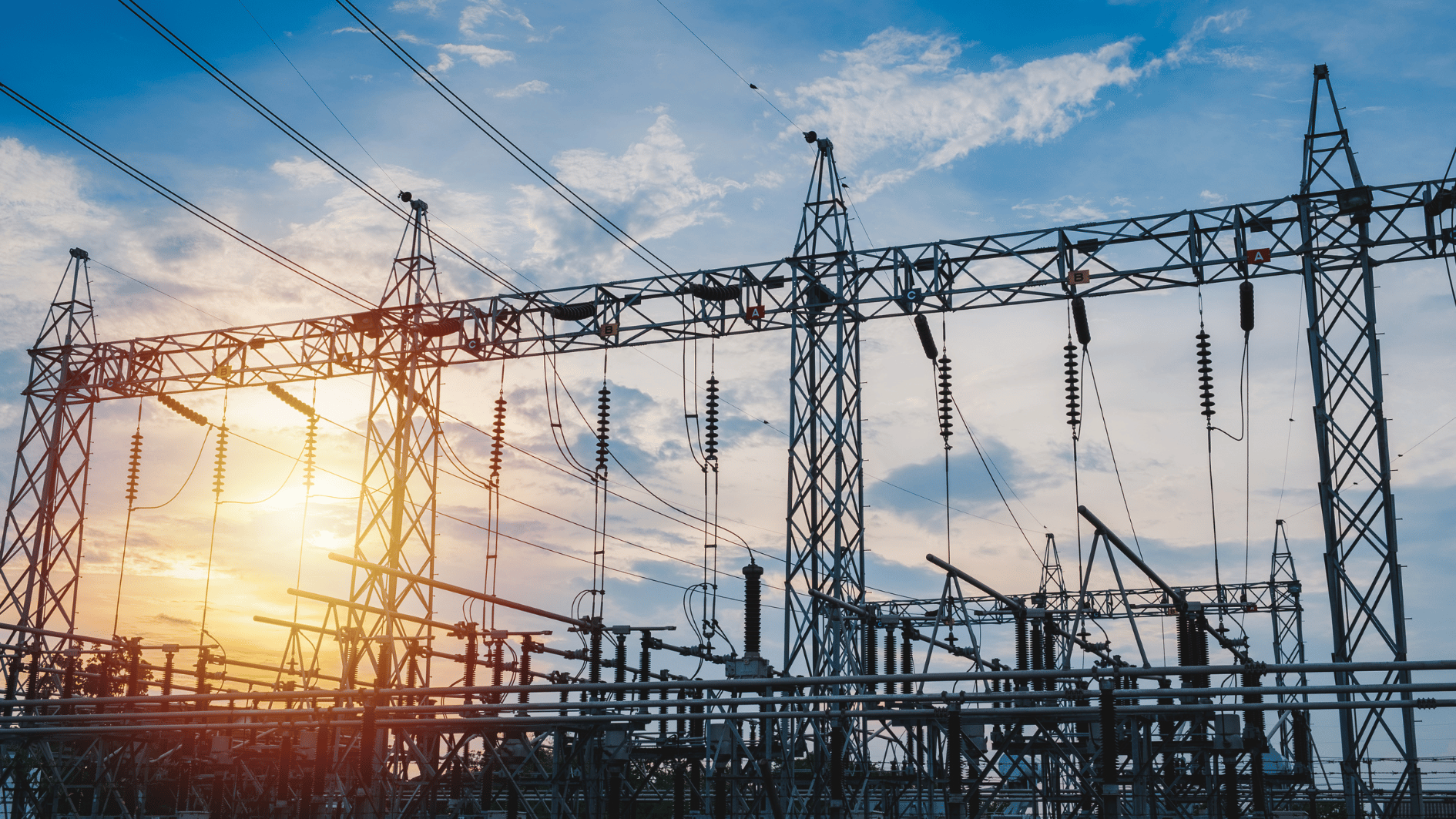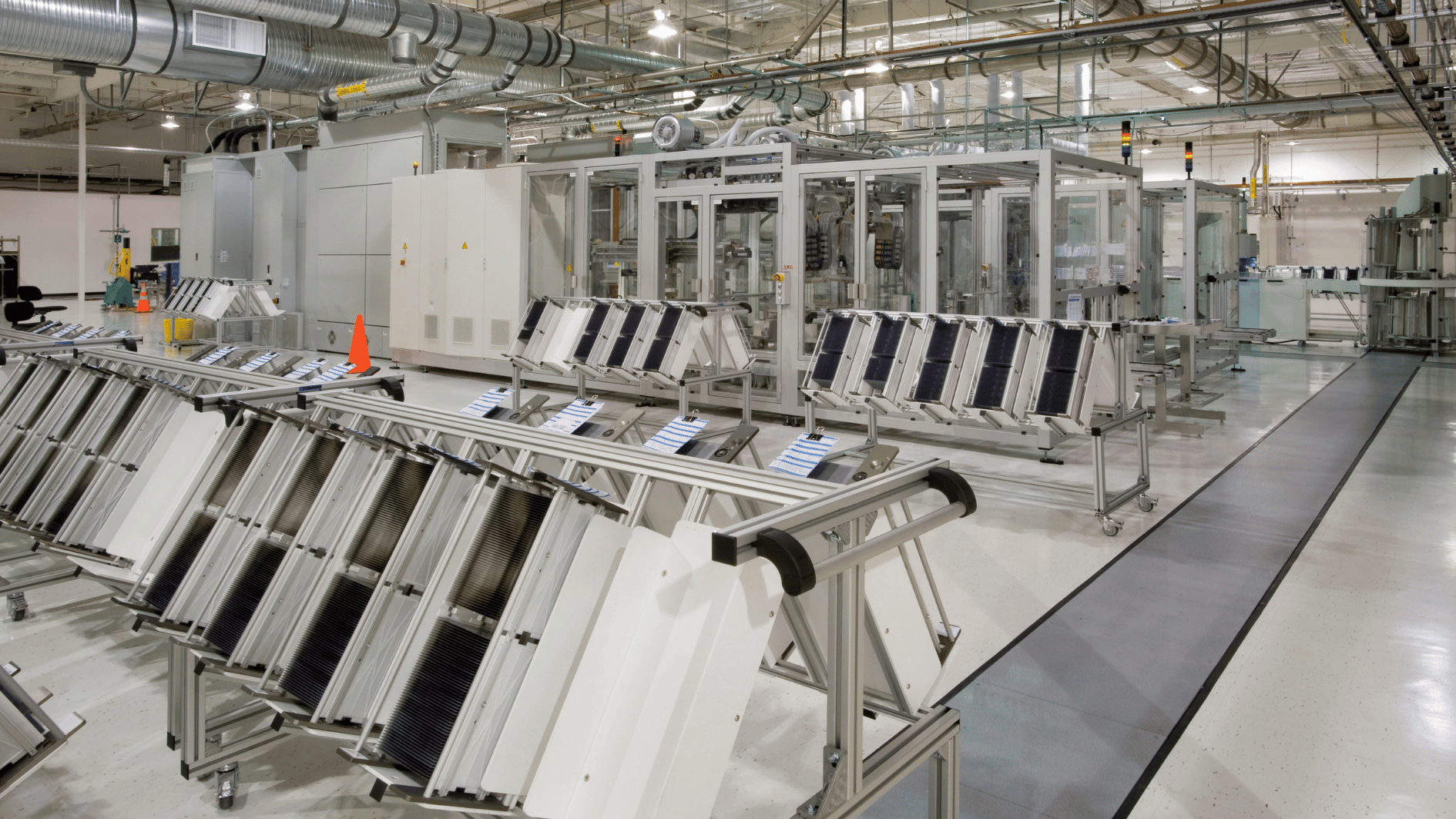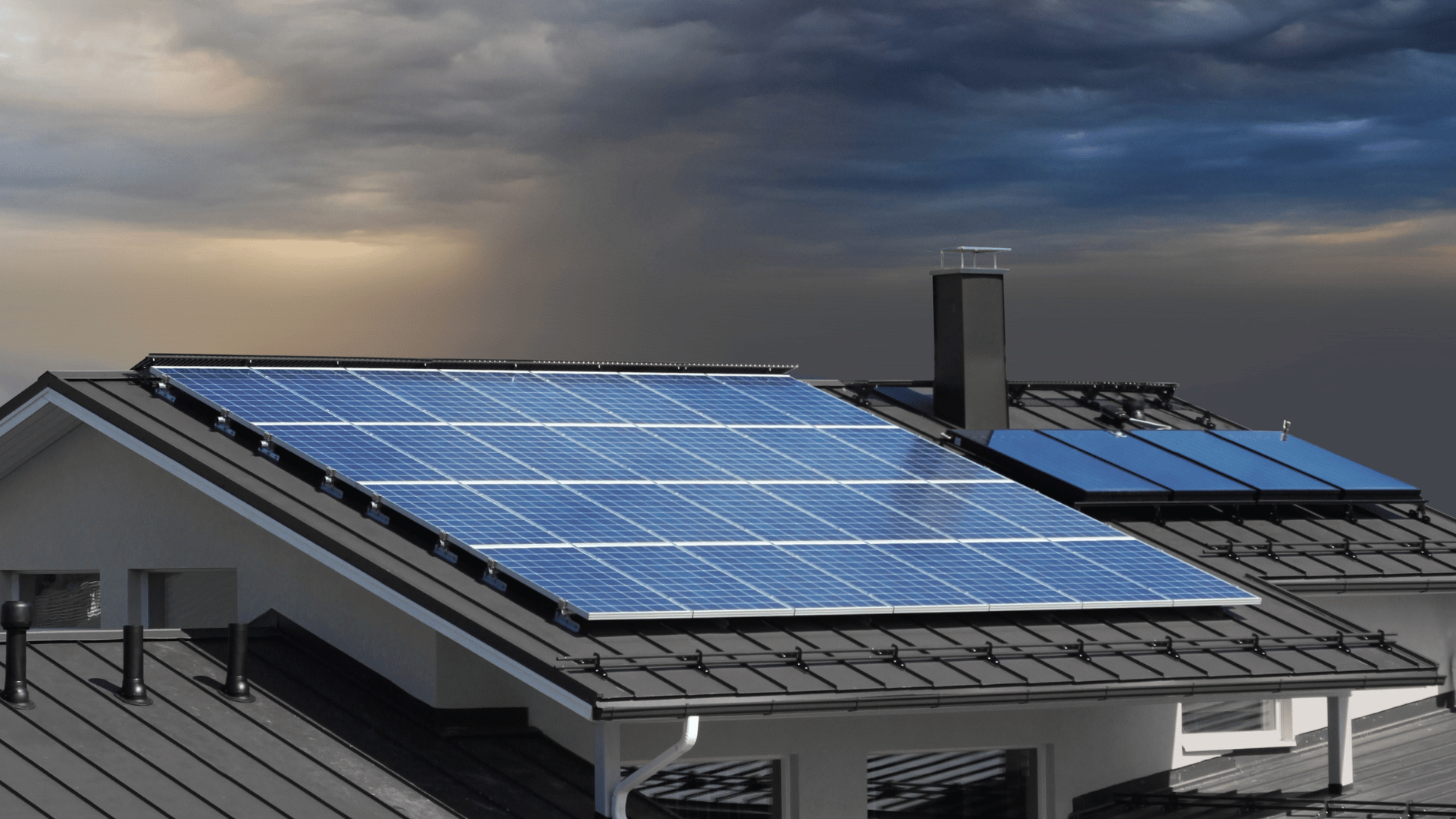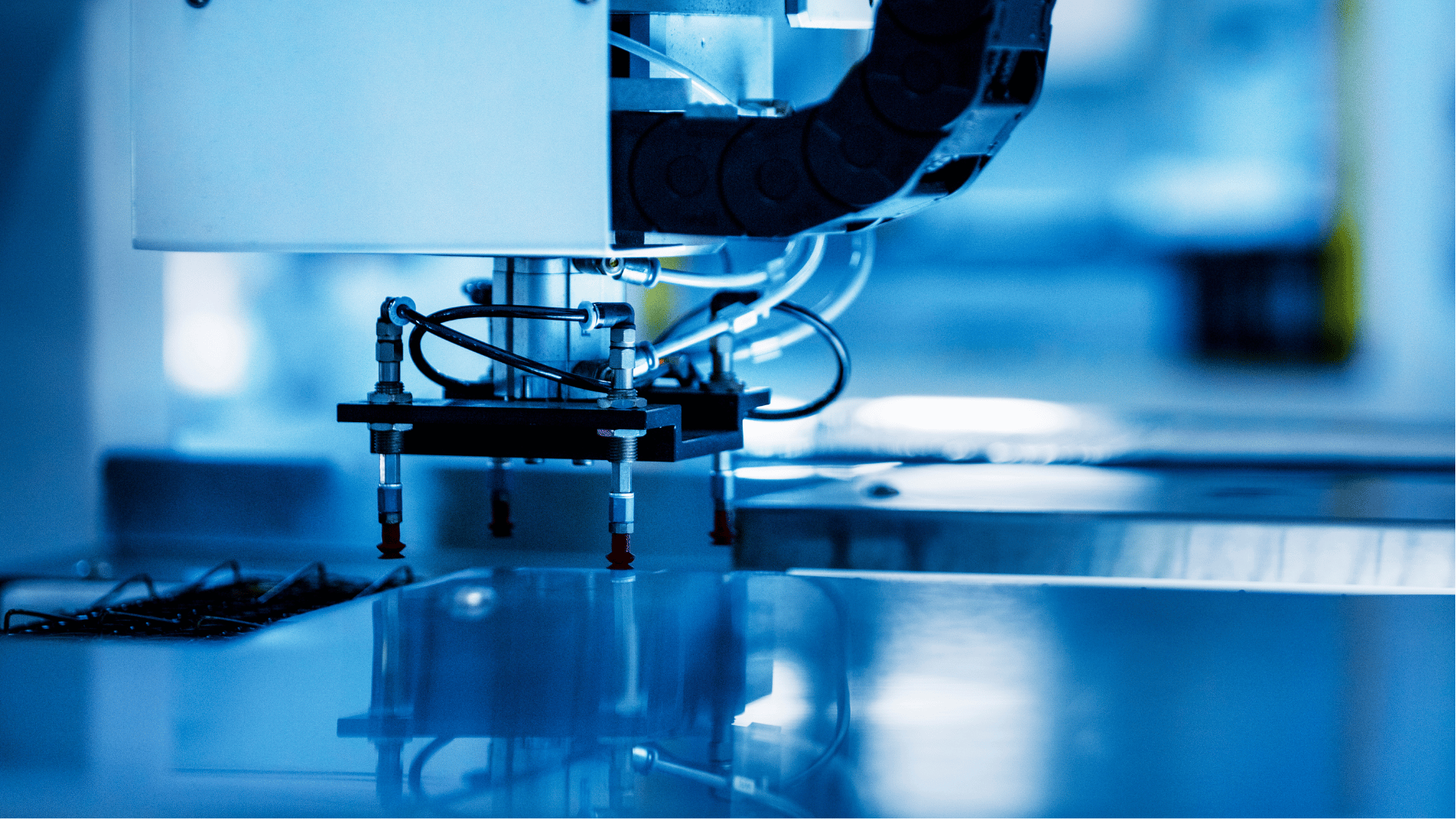News Tags: Renewable energy
Renewable energy market holds strong amid policy shifts and rising demand
The renewable energy sector continues to expand, despite policy uncertainty under the Trump administration.
Community solar expands by a record 1.7 GW in 2024, surging 35%
The U.S. community solar market experienced its strongest year yet in 2024, adding 1.7 GW of new capacity – an increase of 35% from the previous year – driven by…
Global electricity demand set to surge, with renewables poised to meet growth
Global electricity demand is set to rise nearly 4% annually through 2027, with solar energy expected to meet much of the increase.
AI-driven demand spurs sustainable data center growth
As AI drives growing computing demands, tech companies are increasingly incorporating solar, wind, and battery storage into data center developments.
U.S. solar manufacturing booms, but federal incentives face uncertainty
The U.S. solar manufacturing sector has surged to record levels, but its continued growth remains uncertain as federal incentives that fueled the expansion face potential policy changes in Washington.
NARDAC launches new severe storm coverage for U.S. renewable energy projects
NARDAC has launched a new facility to offer additional severe convective storm cover (SCS) for renewable energy project development and operations.
U.S. solar manufacturing surpasses 50 GW: a new era of energy independence
The U.S. has surpassed 50 GW of domestic solar module manufacturing capacity, marking a major milestone in clean energy independence, job creation, and the expansion of a self-sustaining solar supply…
U.S. Department of Labor approves national apprenticeship guidelines for solar industry
The U.S. Department of Labor (DOL) has given its approval for national guidelines governing Registered Apprenticeship programs in the solar industry.
Trump administration unveils $100 billion AI data center project with SoftBank, OpenAI, and Oracle
The rapid growth of AI-driven data centers is expected to have a profound impact on U.S. energy consumption.
Report highlights key trends in U.S. solar policy developments for 2025
As states refine their solar policies, 2025 is expected to bring further debates over net metering alternatives, community solar expansion, and the integration of energy storage into distributed solar frameworks.
Need help choosing a solution for you?
Just create an application, and we’ll help with the selection.











